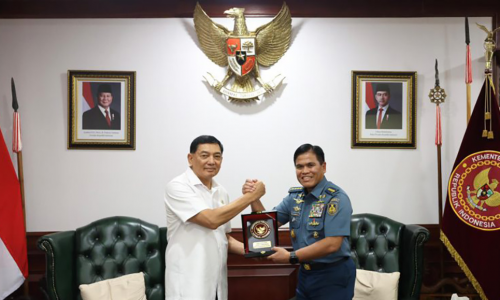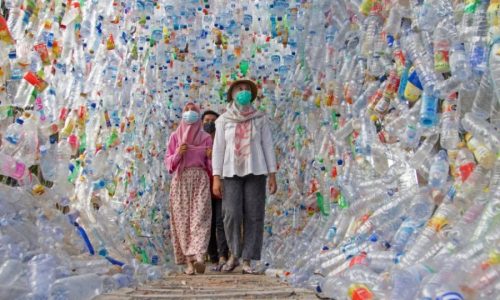Daihatsu Motor Co., a subsidiary of Toyota Motor Corp. has admitted to manipulating the safety test results of several car variants marketed internationally through a statement on the company’s website published on Tuesday, May 2, 2023.
Daihatsu’s management said that it had discovered the rigged safety test after a whistleblower report, leading to a series of investigations since April.
“For the side collision test, the inner lining of the front seat doors was improperly modified, and there was a violation on the side collision test procedures and methods stipulated by the regulations,” the statement reads.
In addition, the inside of the door may break with sharp edges and cause injury to occupants when the side airbag or air bag inflates in the event of an accident.
Models affected by the rigged test are the Perodua Axia 2023, Toyota Vios or Yaris Ativ, Toyota Agya, and a new model that will be launched. These cars are marketed in Malaysia, Thailand, Indonesia, Saudi Arabia, the United Arab Emirates, Kuwait, and Mexico. As of the end of March 2023, there were 88,123 new cars affected by the rigged tests.
Toyota Chairman Akio Toyoda said that the companies were investigating how the side panel of Yaris and other models had been rigged. He apologized for what he called “an unacceptable violation of consumer trust”.
“We’ll proceed with a detailed investigation from here on, but promise to decisively understand what happened at the site, investigate the true intentions, and sincerely work to prevent a recurrence,” Toyoda said.
Daihatsu Indonesia assures product safety
Regarding the rigged safety test scandal, Director of Marketing and Corporate Planning Astra Daihatsu Motor Indonesia, Sri Agung Handayani claimed that it does not involve their products marketed as the Toyota Agya, which among the affected variants will be produced in Indonesia next June.
Meanwhile, she is confident that all Daihatsu cars sold domestically have undergone testing that complies with the applicable safety standards.
“We have conducted tests on all Daihatsu products marketed in Indonesia and ensured they meet the necessary safety standards,” she said.
Daihatsu itself also promised to do re-testing in the presence of inspection and certification authorities and confirm the safety of the affected models before accepting new shipments.
The company management hoped that this issue will not impact Indonesia’s automotive industry, considering that Daihatsu’s market share and production volume in the country are pretty massive.
In Indonesia, Daihatsu is the second biggest market leader after Toyota. In 2022, Daihatsu recorded retail sales of 188,660 units, up 24.9 percent compared to 2021. Daihatsu’s market share rose from 17.5 percent to 18.6 percent during that period.
The increase in market share was supported by sales of the low-cost green car (LCGC) Daihatsu Sigra, the twin model of the Toyota Calya, and Daihatsu Ayla, the twin of the Toyota Agya. Meanwhile in 2022, Toyota controlled 31.6 percent of the market share with sales of 331,410 units.
Cars made by Daihatsu and Toyota, including those in the LCGC category, also received good ratings from the ASEAN New Car Assessment Programs (NCAP). This also included the Perodua brand, a Malaysian company that uses the Daihatsu technology.
In Feb 2023, ASEAN NCAP gave 25.65 points out of a maximum of 32 points for Perodua Axia 2023 due to the inclusion of the adult occupant protection (AOP) feature. Daihatsu Ayla, which underwent a crash test in 2015, also received four out of five stars from the ASEAN NCAP.









